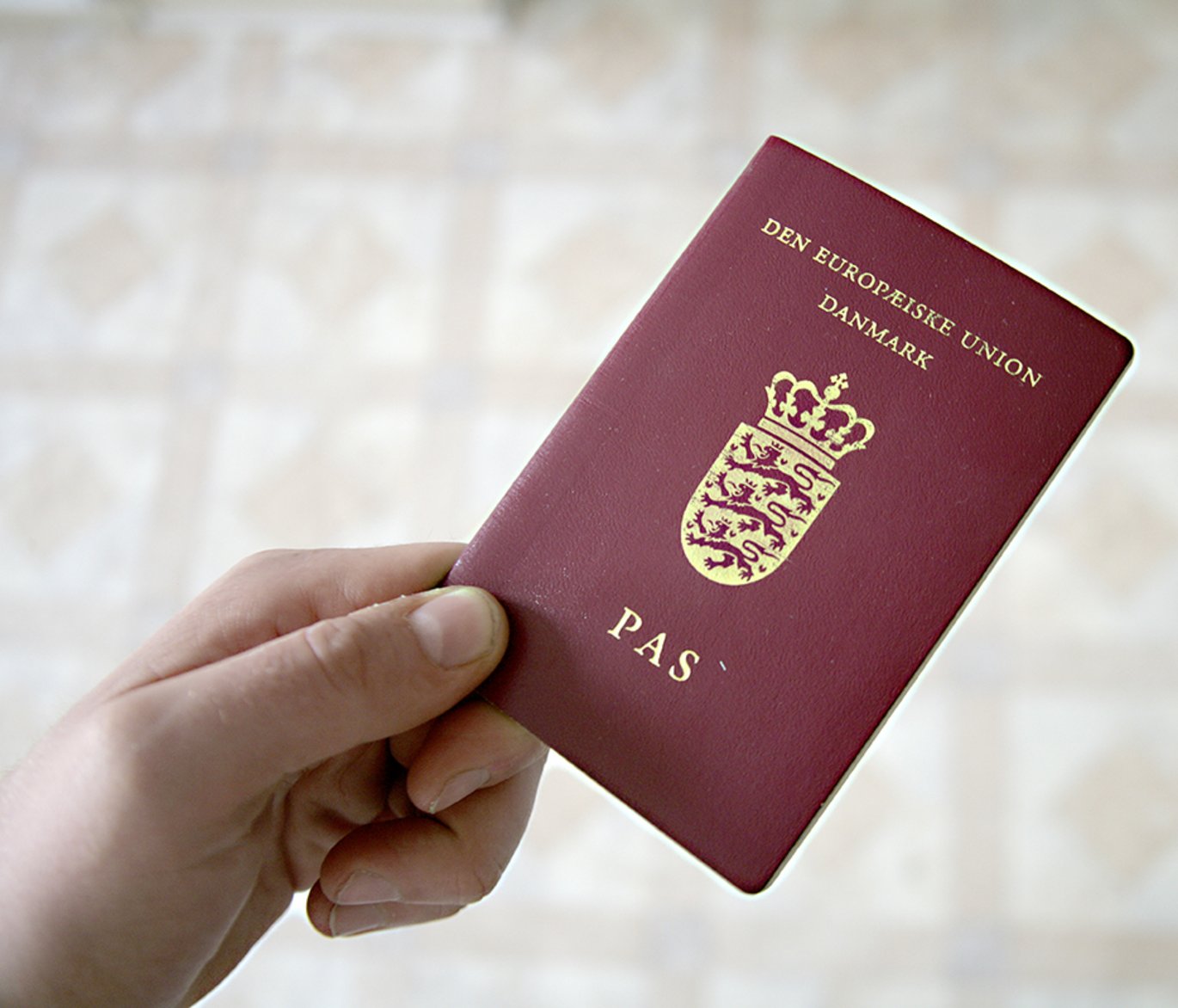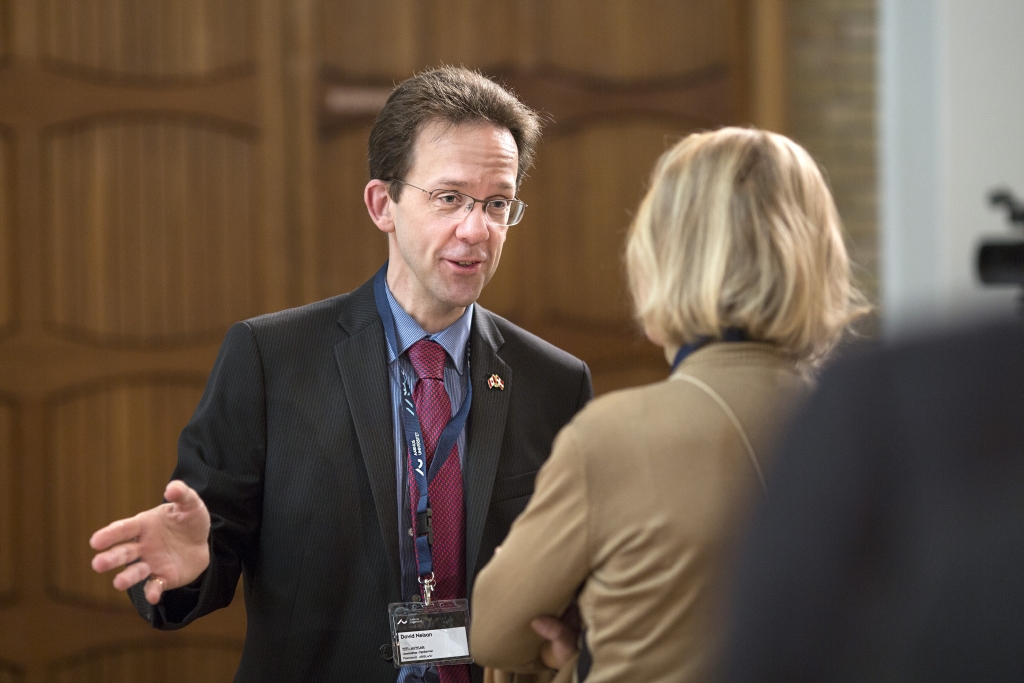Should Denmark be a closed club?
The requirements for Danish citizenship are so steep that even some Danes fail to meet them. The findings from a new study at Aarhus BSS question whether it is fair to demand more of others than of yourself.

“It is extremely difficult to obtain a Danish citizenship. Furthermore, some people are so offended by the nature of the requirements that they don’t want to become part of the ‘club’,” says Associate Professor in Political Science Per Mouritsen. Together with colleagues from Aarhus BSS, he is behind a new study on refugees and how to obtain Danish citizenship.
The researchers question whether the requirements for obtaining citizenship are fair. Is it, for example, fair to make demands so steep that even Danes could not meet them if they had to qualify for Danish citizenship?
Does not promote integration
While Sweden and the UK allow people to obtain citizenship early in the process as an incentive to promote integration and contribute to the host country, Denmark considers citizenship to be a reward for those who have worked hard to meet the difficult demands. Until they meet them, people are cut off from democratic rights such as the right to vote.
“For many Danes, the level of difficulty is the point in and of itself. They believe that it should be difficult to become a Danish citizen. It’s something you earn. However, they may not be aware that one in every five young Danish men would fail to qualify when it comes to the requirements of finding work, learning Danish and not committing crime,” says Emily Cochran Bech.
As such, Denmark is beginning to resemble an association where the admission criteria are determined by the Danes and may be changed at any time to their advantage. Only people who contribute the most and whose company we prefer are allowed in, while the weakest and perhaps most impoverished are excluded from the community.
Do immigrants even want to be part of such a club? It seems not everyone wants to. Only 509 of the 1843 fugitives who met the requirements actually applied for Danish citizenship in the period 2001-2009.
For this reason, the researchers recommend that politicians ought to refine the citizenship requirements to promote the desired integration - or at least not prevent it. Strict requirements do not have a positive impact on integration. And the Danish numbers for the refugees’ ability to meet the citizenship requirements after 12 years seem to confirm this.
Very few included as citizens
On the basis of register data, the team of political science researchers studied whether refugees were able to meet the Danish requirements for citizenship. And then how many ethnic Danes pass the test.
The results are depressing: During their first 12 years of residence in Denmark, a minimum of 71 per cent of refugees are unable to meet all of the requirements, which include language skills, knowledge of societal matters, Danish culture and history as well as self-sufficiency, zero debt and a spotless criminal record.
The language requirement turns out to be the biggest obstacle. Here 62 per cent of fugitives are barred from citizenship because of insufficient language skills. That number would significantly decline if we used, say, Norwegian requirements. Women and the elderly are less successful than men and young immigrants. However, young people do less well when it comes to their criminal record.
Today, 376,000 adults living in Denmark are without citizenship, which is a prerequisite for full democratic inclusion.
Danes do not meet the requirements either
When the researchers study how many ethnic Danes can actually meet the same requirements, it becomes clear how strict they are. The results show that almost 15 per cent of Danes would not meet the criteria.
One out of ten Danish citizens does not meet the self-sufficiency and criminal record requirements. Nonetheless, these people all enjoy political rights, such as the right to vote. Nearly one in five Danes between the ages of 23 and 28 do not meet the requirements when the language criteria are taken into account. Their primary and lower secondary school Danish marks are simply too low.
About the study:
- The researchers behind the study are Emily Cochran Bech, Kristian Kriegbaum Jensen, Per Mouritsen and Tore Vincents Olsen - all from the Department of Political Science at Aarhus BSS, Aarhus University.
- The study was recently published in the journal Politica. Read the article ‘Hvem er folket? Flygtninge og adgangen til dansk statsborgerskab’ in Politica. (in Danish only)
- The analysis is based on two population data extracts conducted by Statistics Denmark. The data includes all refugees who have been granted asylum in Denmark between 2001 and 2009 and who were at least 18 years old at the time. The study also uses a random data extract of 10 per cent of Danish citizens who originate from Denmark and are between 18 and 65 years old.
